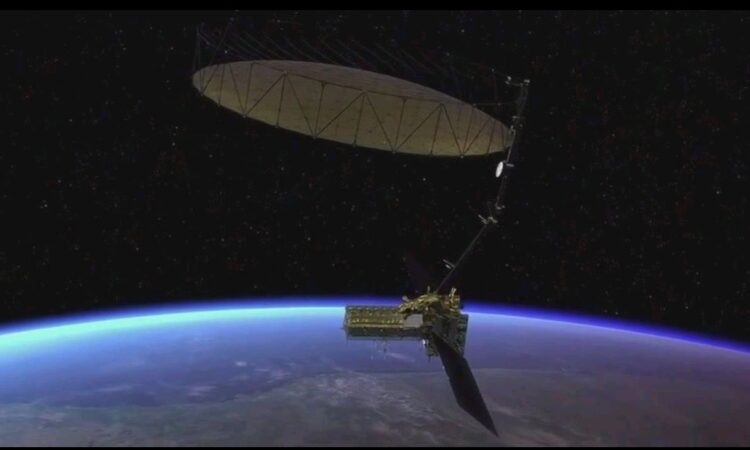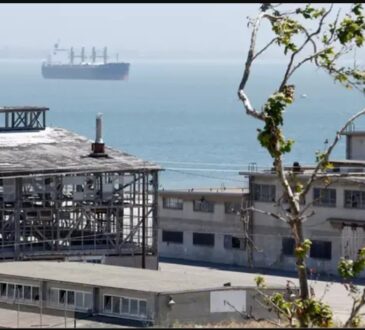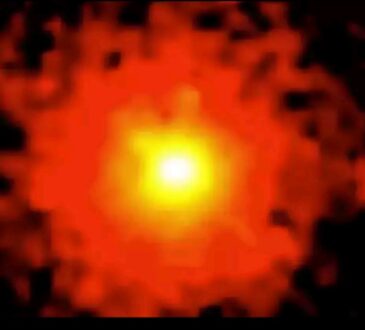
Oxygen is essential for life on Earth, but it won’t last forever. A recent study by NASA scientists suggests that Earth’s oxygen-filled atmosphere could disappear within the next billion years. That might sound like a long time, but the early stages of this change could begin much sooner—possibly in just 10,000 years.
According to Christopher Reinhard from the Georgia Institute of Technology, oxygen-rich atmospheres like ours may not last as long as we once believed.
The study, led by researchers from NASA and Japan’s Toho University, looked into how the Sun’s increasing heat could affect the Earth’s atmosphere. As time goes on, the Sun will get hotter and brighter, and this warming will break down carbon dioxide in our atmosphere. That’s a big problem because carbon dioxide is crucial for plants to perform photosynthesis, the process that allows them to grow and release oxygen.
Without plants, the amount of oxygen in our atmosphere would drop dramatically. This would eventually lead to the collapse of the ozone layer, which protects Earth from harmful ultraviolet rays. At the same time, methane—a harmful greenhouse gas—would build up in the air. The result would be an atmosphere with very little oxygen, lots of methane, and no ozone layer. These are conditions humans (and most other animals) wouldn’t be able to survive in.
Kazumi Ozaki, one of the researchers, explained that in this future scenario, oxygen could drop to levels up to a million times lower than what we have today. That would make Earth a place where only microorganisms that don’t need oxygen—called anaerobic microbes—could survive. These tiny life forms once dominated Earth before oxygen became common in the atmosphere billions of years ago.
Fortunately, this massive change is still far off, and it won’t affect anyone living today. But the early stages of this decline, like the slow drop in oxygen levels, might begin within 10,000 years. Once it starts, it may not be something we can reverse.
It’s also important to point out that this predicted shift isn’t because of human-caused climate change. It’s part of Earth’s natural life cycle.
Even so, this discovery is important—not just for understanding our own planet, but also for helping scientists recognize what signs of life to look for on distant planets. Just because a planet has oxygen now doesn’t mean it always will.
In the end, this research is a reminder that nothing lasts forever. Even something as vital as oxygen has a time limit. It makes us appreciate how complex and fragile life on Earth really is.




